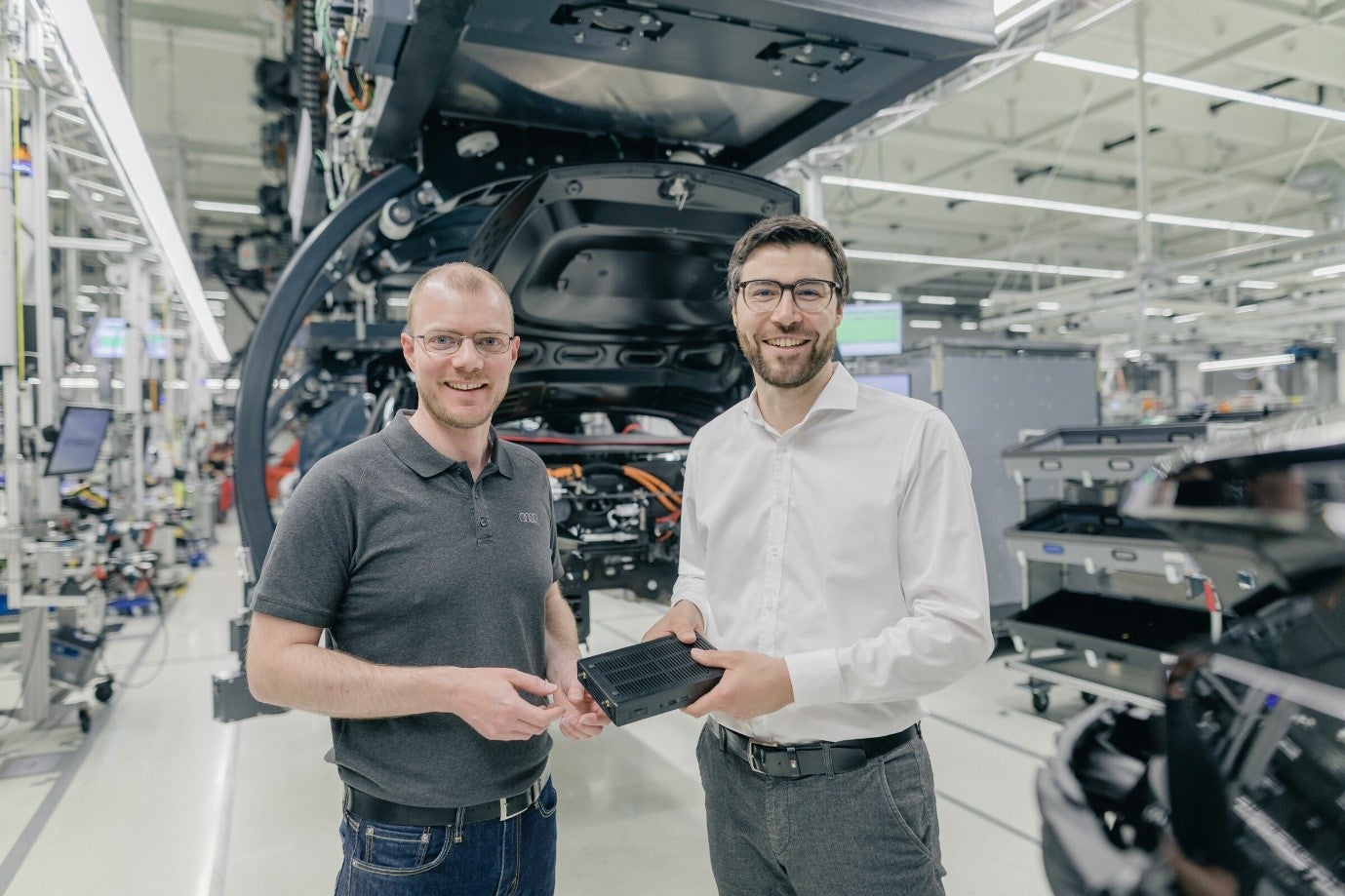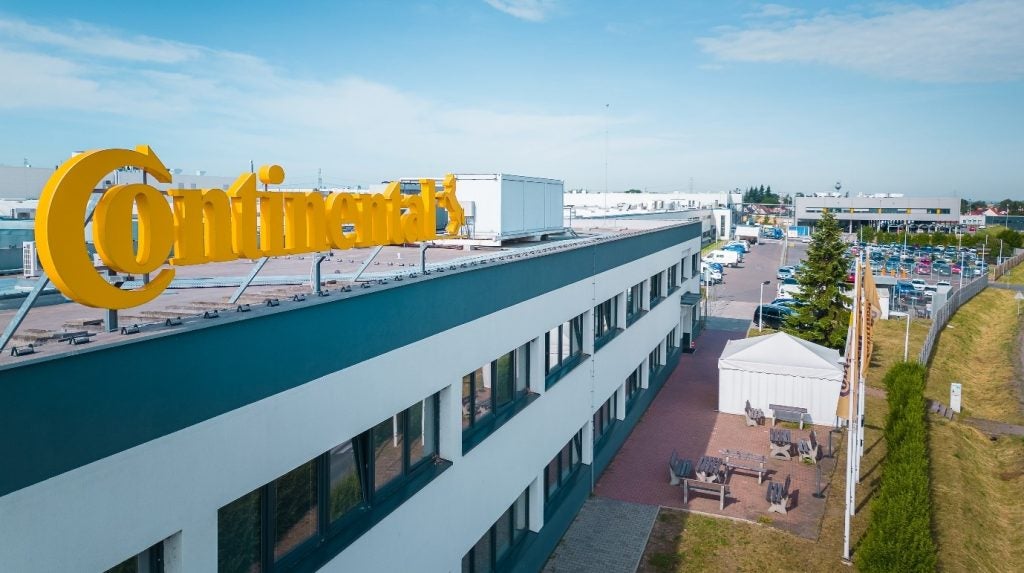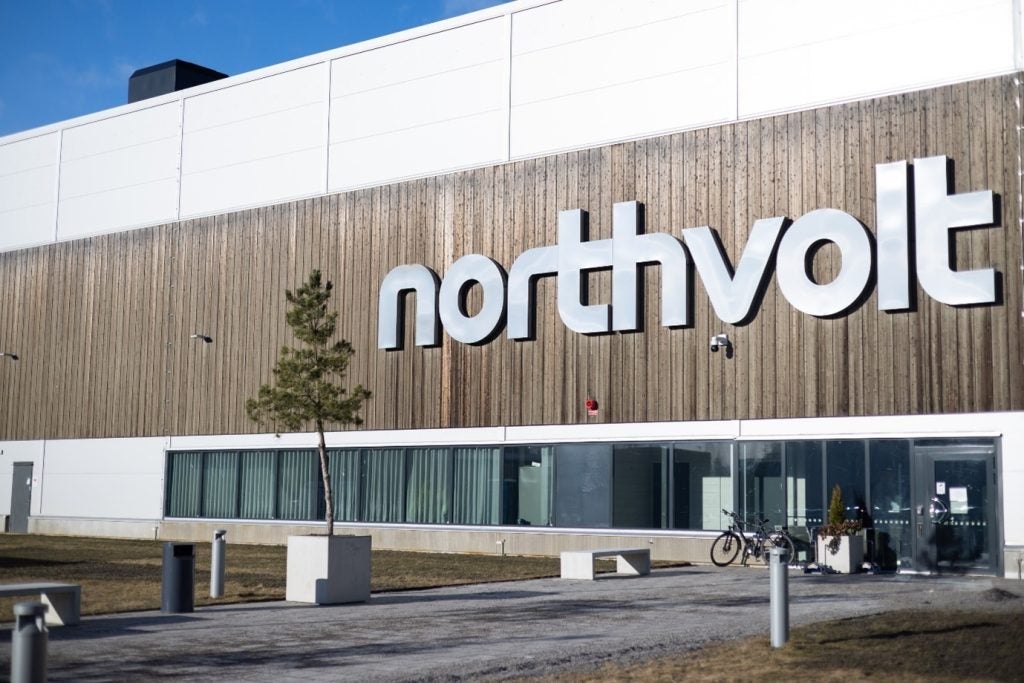
Audi will next month integrate its IT based factory automation system, EC4P, into series production after conducting preliminary testing at Boellinger Hoefe in Germany.
A local server cluster will oversee worker support systems for two production cycles of the e-tron GT quattro 1, RS e-tron GT 2, and R8 models.
The automaker said EC4P was a “flexible and scalable server” controlled by software and will replace the existing decentralised system.
The technology reallocates the necessary computing power for production to local data processing centres.
EC4P uses local servers as data processing centres, capable of handling extensive production related data and distributing it to the worker support systems. These systems guide employees on the installation of specific vehicle parts. This approach eliminates the need for expensive and high maintenance industrial PCs.
“EC4P enables the quick integration of software and new tools, whether for worker support, bolt control, vehicle diagnostics, predictive maintenance, or energy savings,” said Sven Mueller, head of the EC4P project team.
It also reduces the risk of malware attacks by eliminating industrial PCs from the production line.
The technology optimises resource use by levelling out demand spikes, speeds application deployment and ensures more efficient resource management, leading to easier software rollouts, operating system changes and lower IT-related expenses.
Audi aims to switch worker support systems for all 36 cycles to the new technology by the end of 2023.
The architecture of the server clusters is designed for rapid scaling up of EC4P in large scale production.
Joerg Spindler, head of production planning and production technology, said: “With its longer cycle times, we view the plant as a learning environment to roll out IT-based factory automation at larger sites such as Ingolstadt and Neckarsulm later.”






